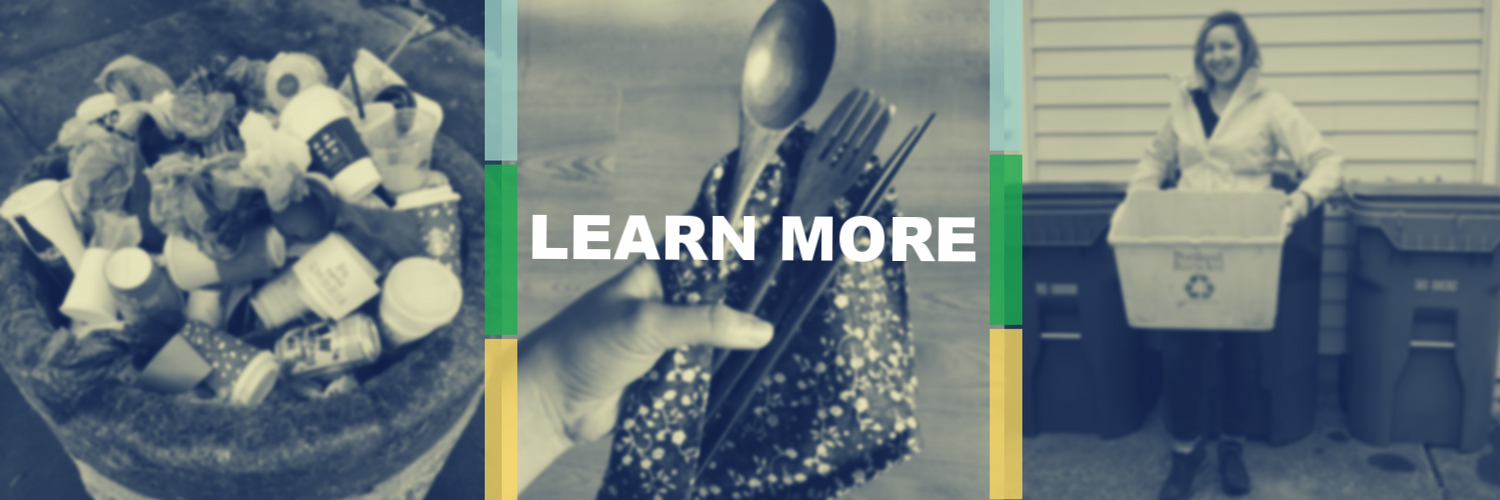FOR IMMEDIATE RELEASE
CONTACT: Regina Northouse, Food Recovery Network, +1 (240) 615-8813 regina.northouse@foodrecoverynetwork.org, www.foodrecoverynetwork.org
Food Recovery Network Reaches 2 Million Pounds of Food Recovered for Those in Need
College Park, Maryland - Food Recovery Network has officially recovered over 2 million pounds of surplus food, that would have otherwise gone to waste, for those in need. FRN is a network of college students across the country who package perfectly good surplus food from their campus dining halls and surrounding businesses. The collective commitment of these students to fighting food waste and hunger enabled FRN to achieve the biggest milestone since recoveries began.
Food Recovery Network, America’s largest student organization against food waste, was founded in 2011 on the campus of the University of Maryland, College Park (UMD). Since its founding through a generous grant from Sodexo Stop Hunger Foundation, FRN has transformed from a UMD campus club to a 501(c)3 non-profit headquartered in College Park, Maryland and has chapters across the country.
The U.S. food system is marked by an alarming paradox: nearly 40 percent of food produced in the US goes to waste, while 48.1 million Americans experience food insecurity each year (NRDC 2016; USDA 2015). Food waste is not only a social and economic loss, costing Americans $218 billion every year; it’s also one of the world’s worst environmental hazards. Food waste accounts for 25 percent of freshwater use and constitutes 23 percent of methane emissions, a greenhouse gas 21 times more harmful than carbon dioxide (FAO 2013). Regina Northouse, FRN’s Executive Director since 2015 notes, “This achievement is a testament to the power of college students to make immediate, positive impacts in their communities. We’ve heard it loud and clear that food waste is an important issue to this generation of emerging leaders, and they’re willing to put the work in to solve what has turned out to be a huge problem in America. They’re changing the dialogue from food waste to food recovery, and people are listening.”
FRN reached its first million pounds of food recovered in 2015 after four years of growth and strengthening their ability to recover more food in their communities. It has taken the organization a little over a year and a half to recover the second million. FRN Program Manager Hannah Cather says “I’m incredibly proud of our student leaders today because in a fraction of the time, they were able to recover a second million. When I left the office one day, we were two thousand pounds away from the milestone. The next day, I came to work and realized students had submitted recovery information for more than 20,000 pounds! We blew our goal out of the water.”
Allison Blakely, a senior student leader at Rochester Institute of Technology, said "Last year when we hit one million pounds of food donated and diverted from landfills I didn't think I would still be a student when we did it again. Now a year later, I couldn't be prouder of how this organization has grown.”
Micah Heaney, the chapter leader at Goucher College, said "FRN is more than a student group. It's a movement. As a member of FRN, I've worked with dining hall staff, staff and clients at a transitional shelter, students at countless campuses, national leadership, community-based learning staff, passionate professors, local activists, and national sponsors. Nothing brings people together like food. FRN makes this a foundation of social and environmental transformation."
Stay tuned as FRN continues to expand its network across the country to support higher education in being the first sector where food recovery is the norm and not the exception.
About Food Recovery Network
Food Recovery Network (FRN) unites and supports college student leaders in the fight against food waste and hunger in America. Since 2011, FRN students have recovered over 2 million pounds of surplus food, that would otherwise go to waste, from their campus cafeterias and local restaurants to donate to hungry Americans. Food Recovery Network has over 220 college campus chapters in 44 states and the District of Columbia. For more information about Food Recovery Network, including how they support businesses who want to do the right thing and recover their surplus food through their program, Food Recovery Verified, visit www.foodrecoverynetwork.org. Social media: Twitter @FoodRecovery and Instagram @FoodRecovery and Facebook www.facebook.com/FoodRecoveryNetwork.










